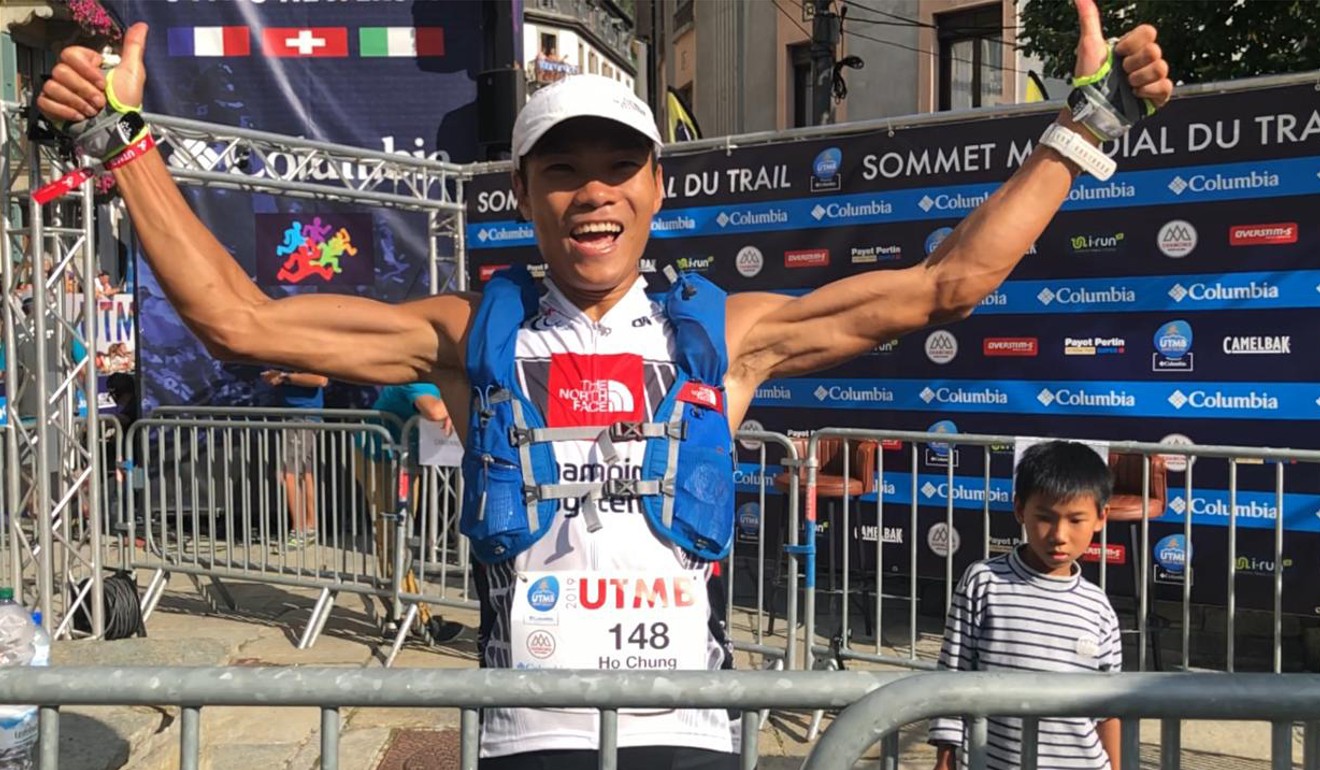
Hong Kong runner losing his award nomination amid protests proves sport is, and has always been, political
- The Olympic committee might ban protests in Tokyo 2020, but the irony is that it is, in itself, a political act
According to local media reports, a recent Facebook post from Wong – in which he recounted his correspondence with the awards ceremony organiser, asking that he be introduced as a Hong Kong athlete, and ending with the phrase “Hongkongers, add oil” – may have offended the sensitivities of the selection committee, triggering the dramatic revocation of the award.
The episode came just days after the International Olympic Committee amended its Olympic Charter to explicitly ban political expression at the 2020 Tokyo Olympics. Specifically, the new rules prohibit “gestures of a political nature, like a hand gesture or kneeling”. Athletes can still express political opinions during press conferences and interviews or on social media accounts, but protests in the field of play and at official ceremonies will be banned.
Criticism of the IOC’s new rules came quickly. The United States women’s football team midfielder Megan Rapinoe wrote on her Instagram account: “So much being done about the protests. So little being done about what we are protesting about. We will not be silenced.” Writing for NBC News, Jules Boykoff, who has written a book on the political history of the Olympics, noted: “The bottom line is that the IOC is not against politics; it is against a certain type of politics. Banning political protest is itself a blatant political act.”

To demand that sports and politics be separate is to treat athletes as mere spectacles, devoid of their own unique stories. Yet no sportsperson exists in a vacuum; every athlete is a member of the broader political society, each with their own narratives, trajectories, beliefs and values. You could take politics out of sports – but only if you took out all the athletes, too. But then you’d be left with nothing.
In Hong Kong, recent road- and trail- running events have featured participants dressed in the garb of the city’s protesters – black outfits, respirator masks and yellow hard hats. Other competitors have affixed printouts of protest posters to their shorts or backpacks, and from time to time we see protest slogans written on country park benches or on stairs going up a steep hill.

To some, this incursion of politics into a sport that they regard as a rejuvenating escape from the daily grind may be frustrating, and understandably so. But it’s also unrealistic and unsympathetic to expect everyone to live neatly compartmentalised lives, where politics goes in one box and sports in another.

